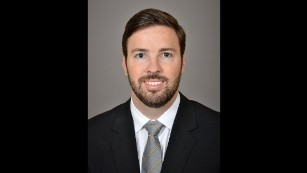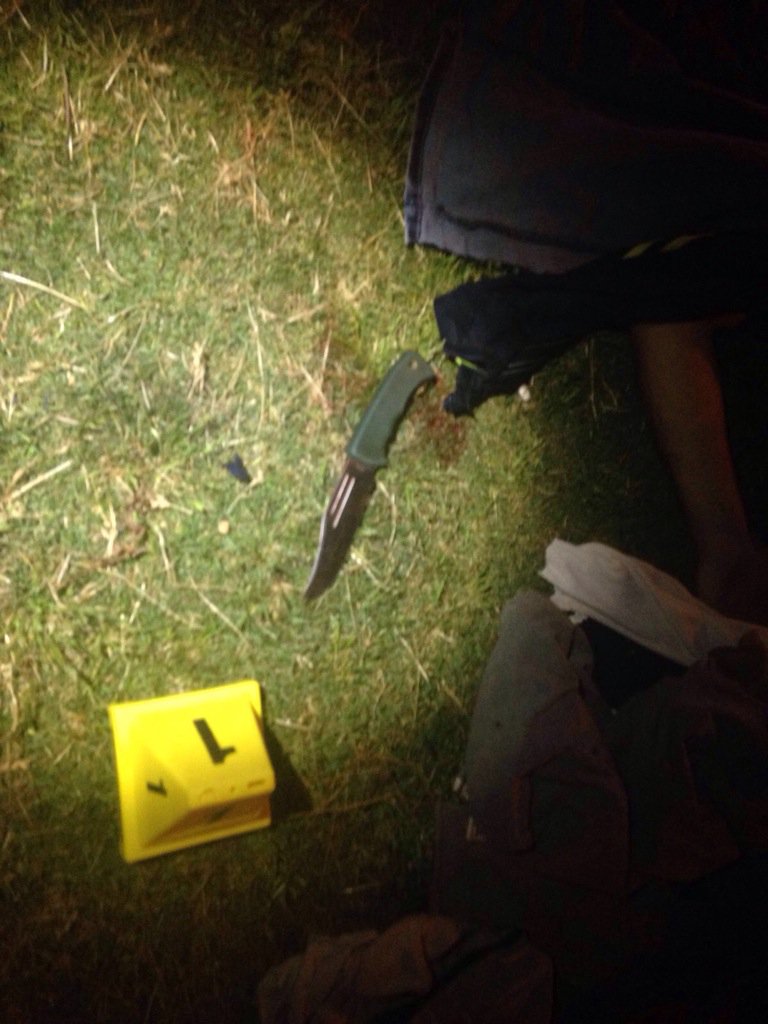Bloomberg: Nearly three years after Edward Snowden bypassed the intelligence community’s own process for reporting wrongdoing and leaked troves of classified documents to Glenn Greenwald, the system for protecting whistle-blowers inside the national security state remains broken.
This is the view of current and former intelligence officials, national security lawyers and the chairman of the House Intelligence Committee. Their message is simple: Whistle-blowers are often too intimidated to take their case to the inspectors general and Congress.
“There is a systemic problem with the whistle-blower process,” Representative Devin Nunes told me. “There is no easy way for them to come forward that doesn’t jeopardize their careers, across the whole defense and intelligence community enterprise.”
The Office of the Director of National Intelligence has in the past two years tried to address this problem, with mixed results at best. Dan Meyer, the executive director of the Intelligence Community’s Whistle-Blowing & Source Protection program, said in a statement that more whistle-blowers were coming forward in the last two years since the intelligence community began implementing a 2012 executive order from President Barack Obama that gave them additional protections. He said his office was also doing more, for example, to educate agencies on the new law and regulation.

Meyer conceded, however, there were holes in the process. “Protections are imperfect given their differences, the most notable being the lack of equivalent laws protecting intelligence community contractors from reprisal actions by the private companies employing them,” he said. He also acknowledged: “There will likely be some reluctance on the part of whistle-blowers to come forward. In our experience, this is understandably a very emotional event in someone’s career given what’s at stake.”
Mark Zaid, a national security lawyer who has represented dozens of whistle-blowers over the last two decades, went further. “I have not seen any noticeable improvement in the ability of a national security whistle-blower to come forward and be confident they will be protected,” he told me.
Snowden himself has said that he went to the press because of the experience of whistle-blowers before him. Specifically, he has talked about Thomas Drake, a former official at the National Security Agency. In the late 1990s and early 2000s, Drake tried to warn his superiors and other oversight bodies of what he saw as a wasteful and illegal NSA program, known as “Trailblazer,” to collect personal data from digital networks.

For Drake, the system didn’t work. Out of frustration, he eventually leaked what he has says was unclassified information about the program to the Baltimore Sun. The Justice Department prosecuted him in 2010, but dropped his case the following year. His career was ruined.
A staff member on the House Intelligence Committee who took Drake seriously, Diane Rourke, soon found she too was under investigation. She told me that because of her interest in Drake’s complaints, and lobbying within the system on his behalf, the Justice Department and eventually her own committee put her under the microscope.
“They wanted to ruin our lives and make an example out of us to anyone else in the intelligence community,” she told me, even though she said she never took Drake’s complaints to the press.

Speaking anonymously, other U.S. intelligence officials told me analysts often face milder forms of intimidation if they are suspected of talking to Congress. This includes threats to suspend one’s security clearance, or being deliberately kept out of loop on important programs.
At issue is anonymity. The inspector general for the intelligence community is required by law to tell the Office of the Director of National Intelligence the identities of whistle-blowers that seek to speak with Congress. The DNI office has also bolstered its monitoring of intelligence professionals and their browsing habits on classified computer systems since the first mass disclosures by WikiLeaks in 2010.
Congress and others have adjusted. Nunes told me he has found creative ways for intelligence professionals to get him information. One was through an annual survey provided to intelligence analysts on the integrity of their product.
At a hearing last month Nunes disclosed that 40 percent of analysts at U.S. Central Command, or CentCom, who responded to the survey complained their reports on the Islamic State were skewed by higher-ups to make the U.S.-led campaign seem more effective than it really was. (The Pentagon’s acting inspector general, Glenn Fine, is also looking into these claims).

Nunes said analysts filled out extensive comments in response to the survey describing how their work was politicized, with the intention of getting them to the committee. Yet Nunes is still trying to get those in-depth comments from the Office of the Director of National Intelligence.
While some analysts at Central Command have gone directly to the inspector general at the Pentagon (who declined to comment for this column), Nunes said there were many more at CentCom who did not want to risk potential retribution and file a formal complaint.
Nunes also said intelligence officials who have helped his investigation into cost-padding for the construction of a new Joint Intelligence Analysis Center in Europe have been too intimidated to go through the formal whistle-blower process.
It’s understandable that lawmakers like Nunes would raise concerns about weak protections for whistle-blowers. His committee is supposed to perform oversight, even though his predecessors have not made this an issue.
But fixing the system is also in the interest of the national security state itself. In the last five years, the intelligence community has invested great resources to protect its secrets from the next mega-leaker. But if whistle-blowers inside the system see no recourse to address legitimate grievances, then the intelligence community should brace itself for more Snowdens.









